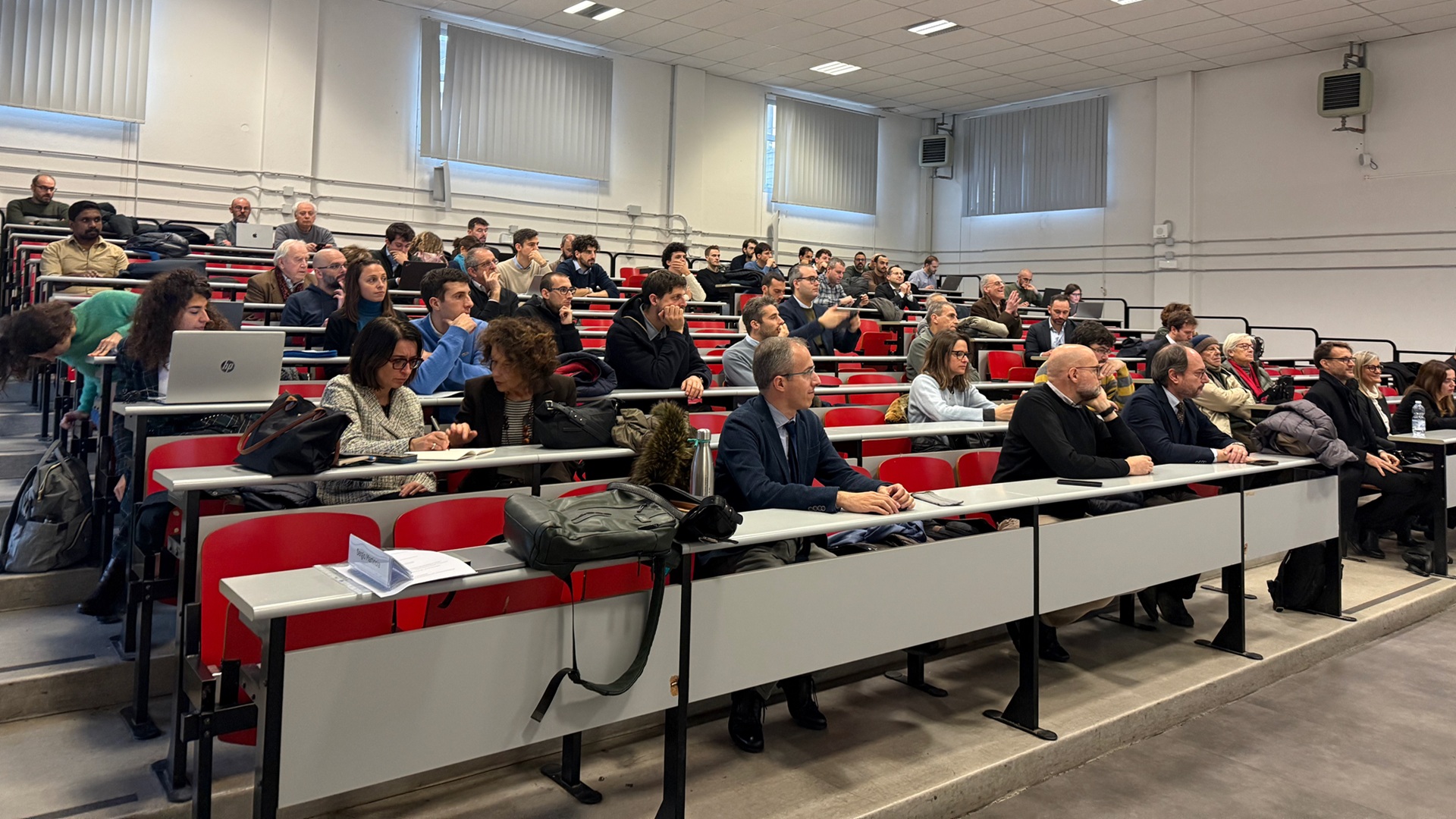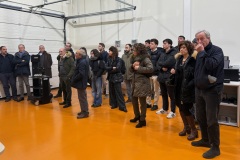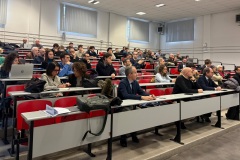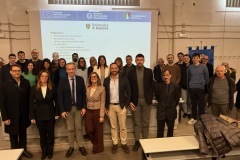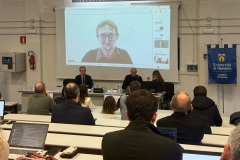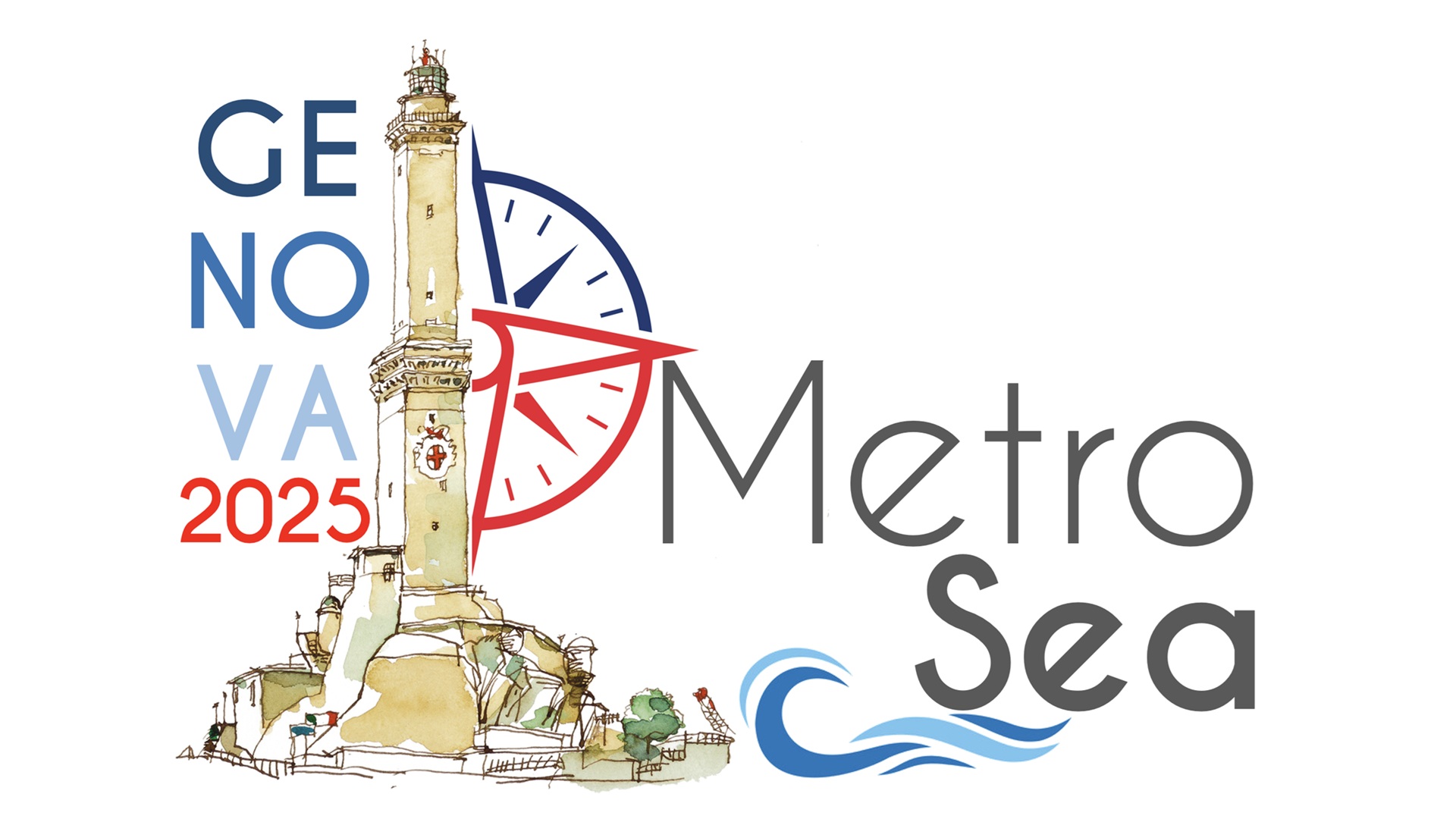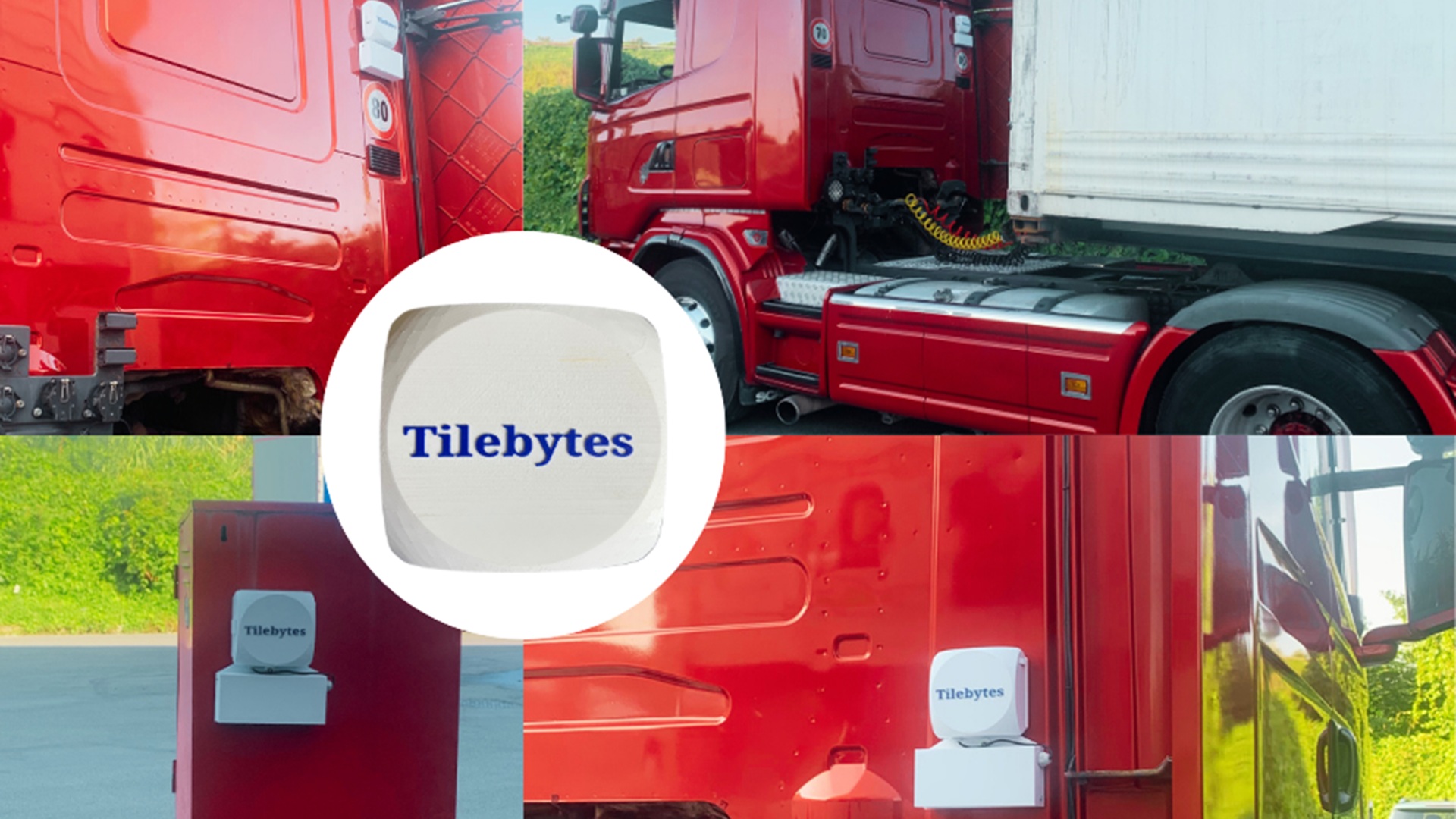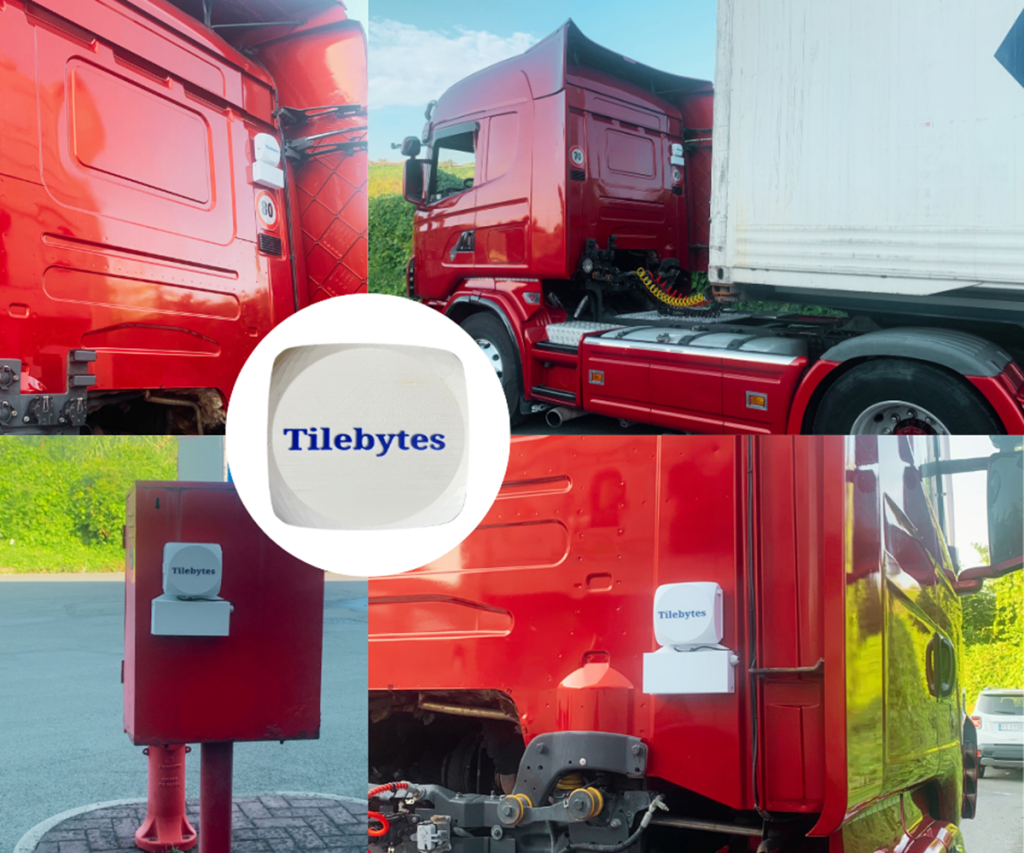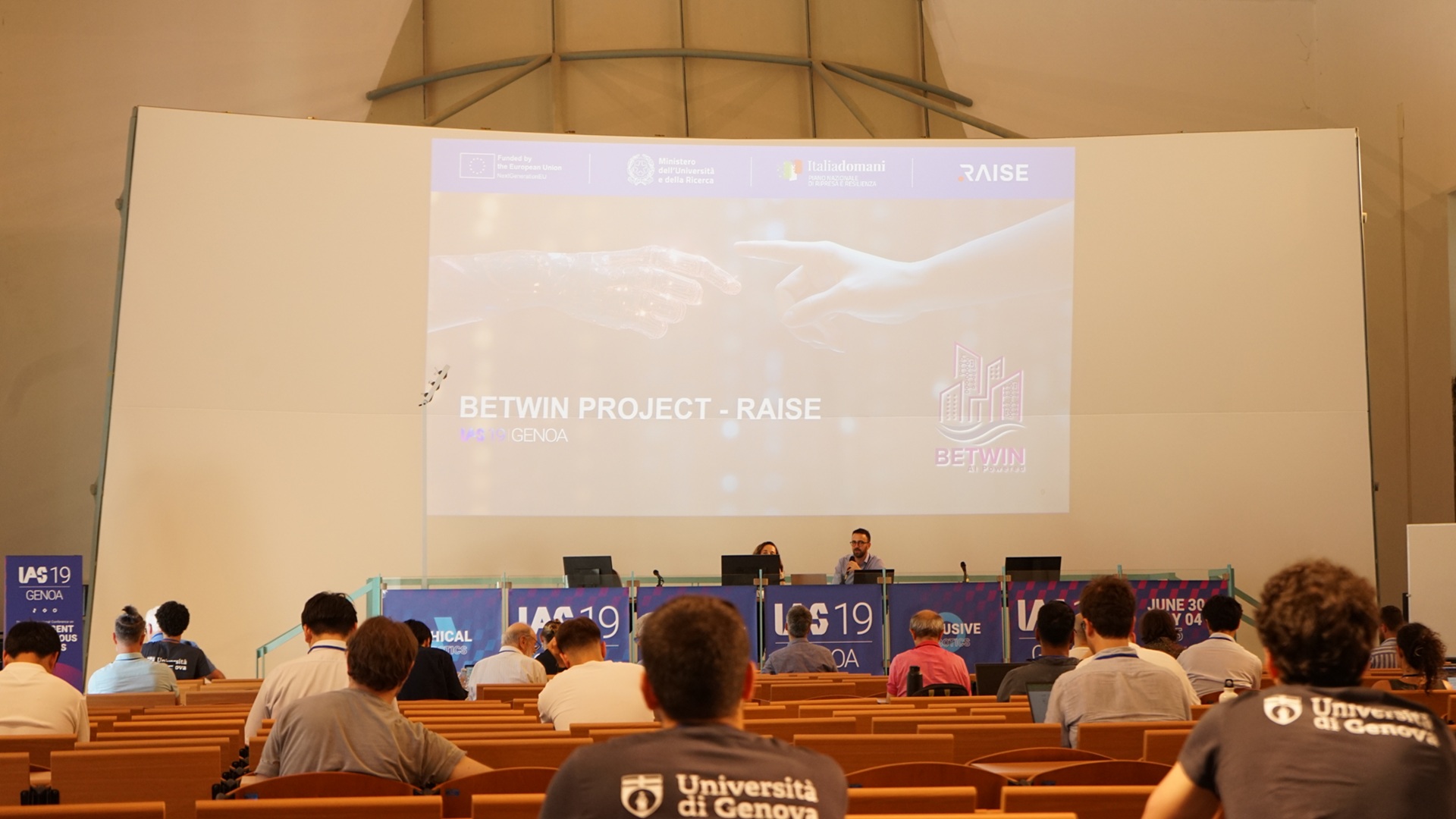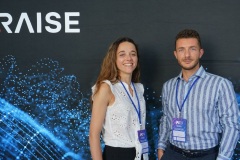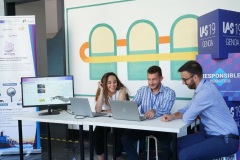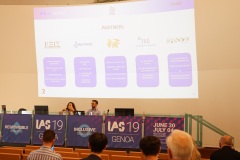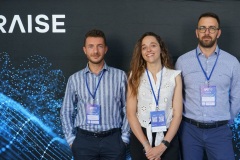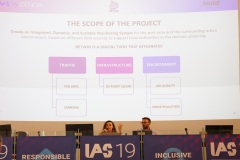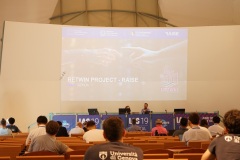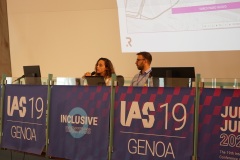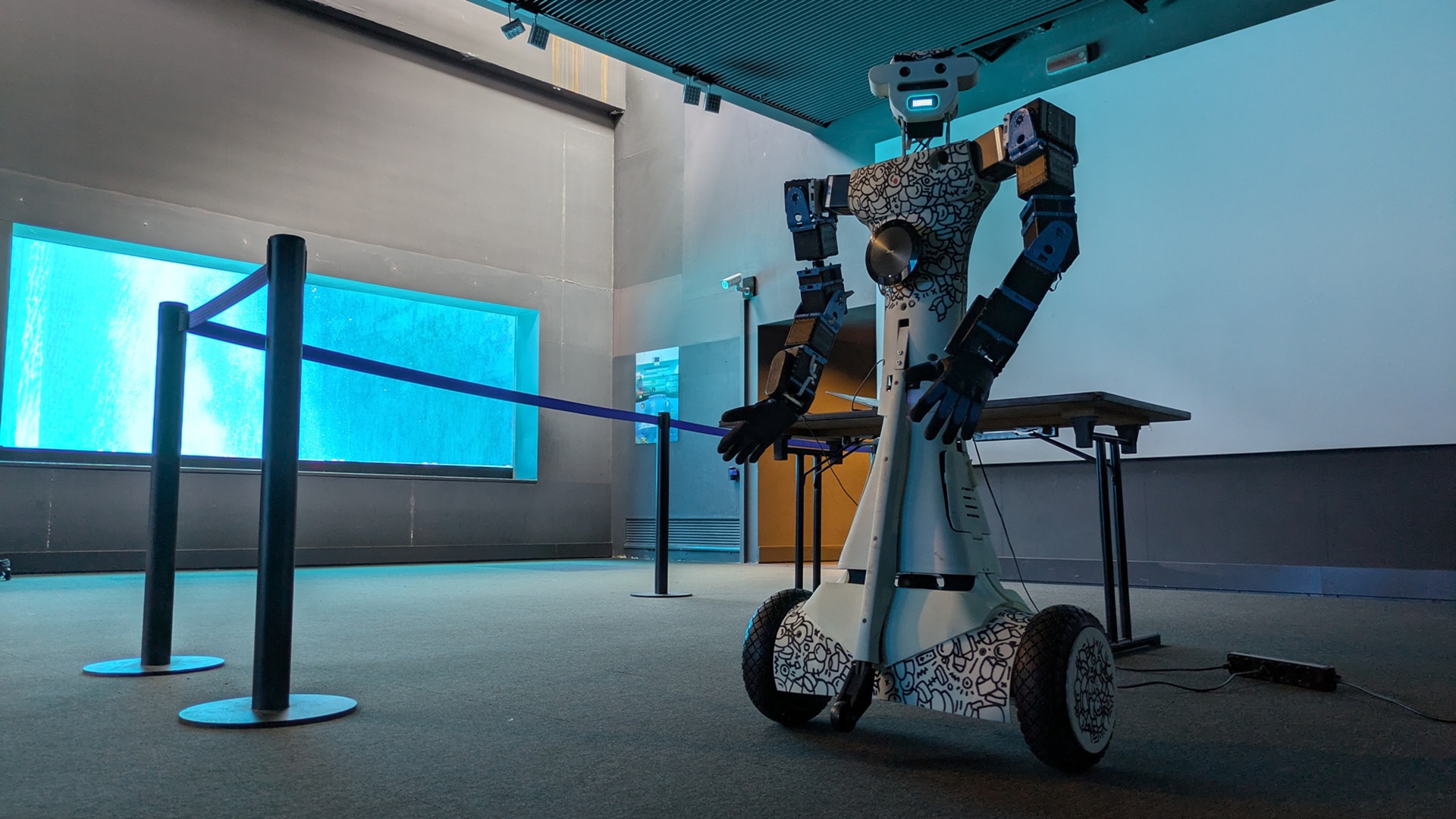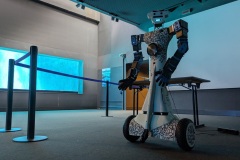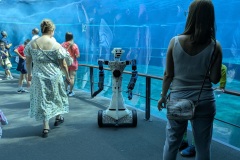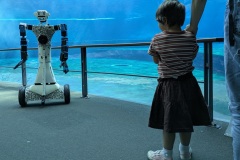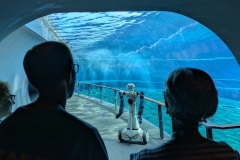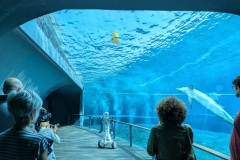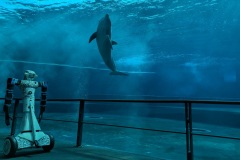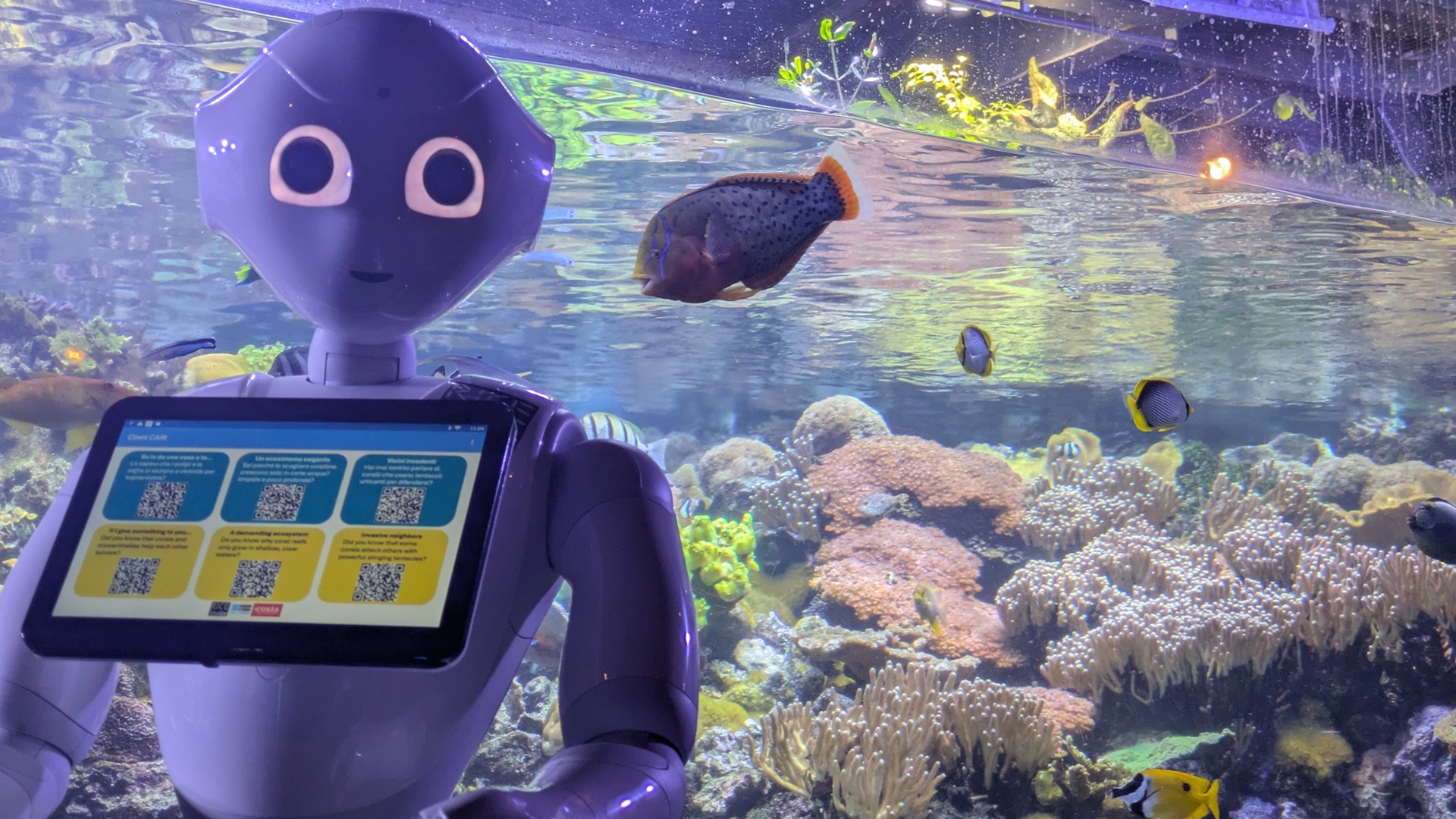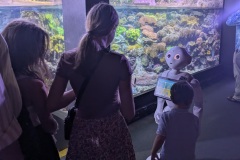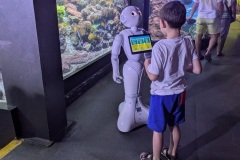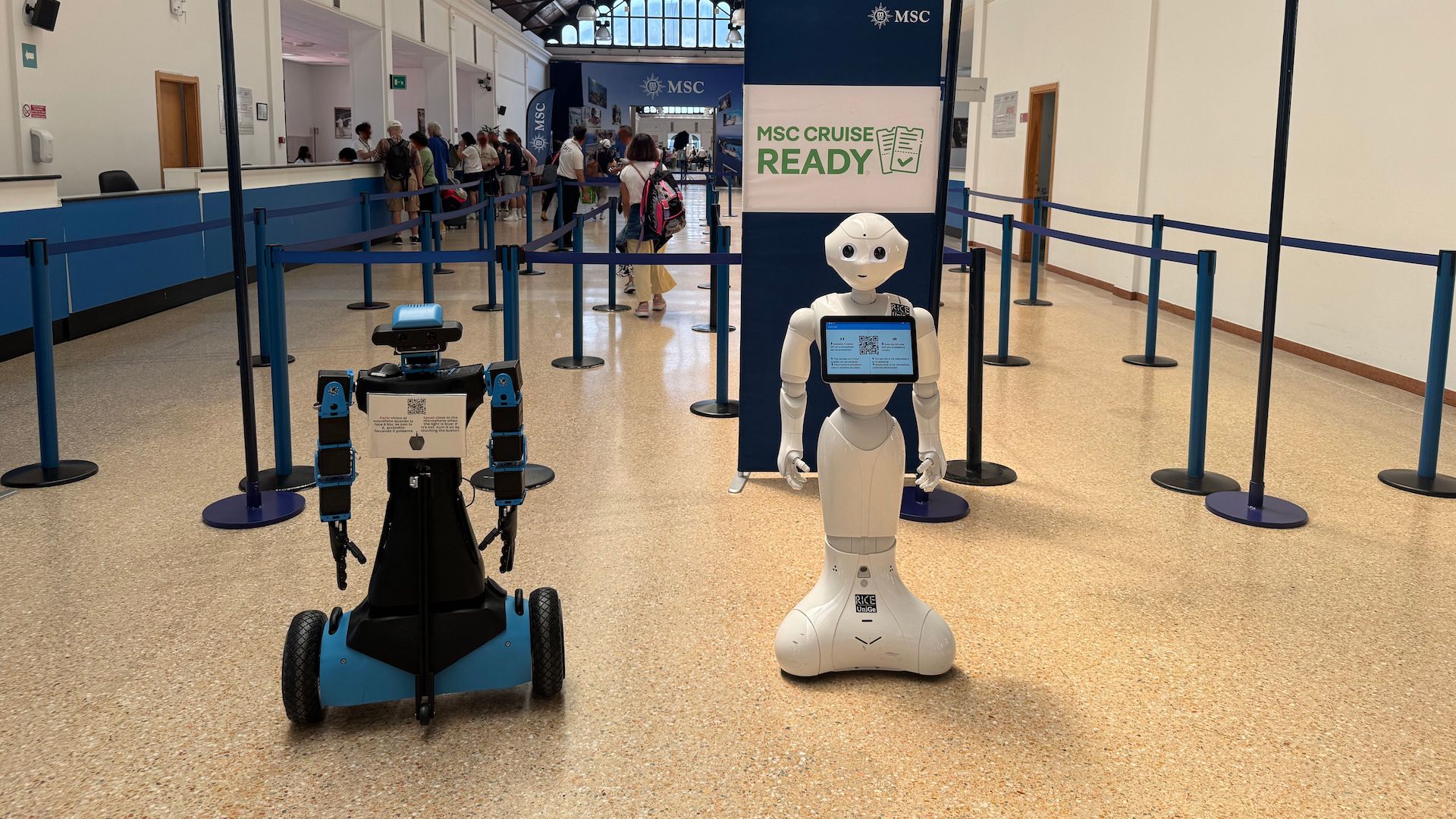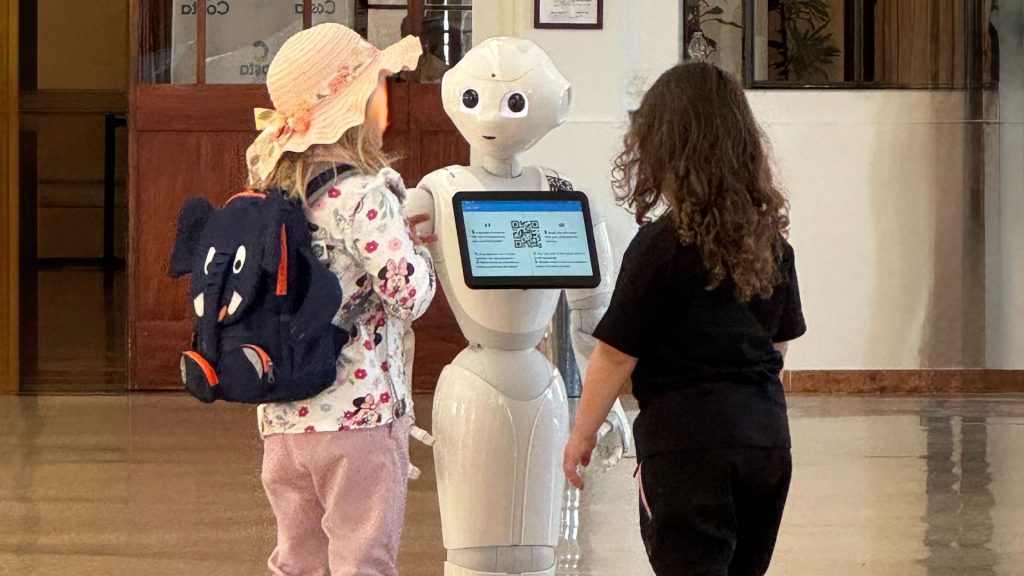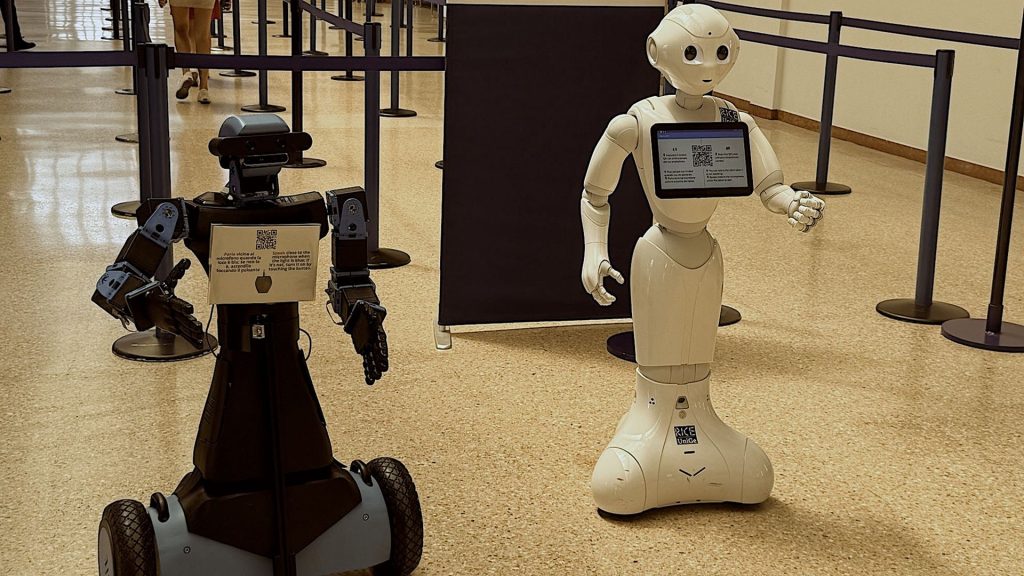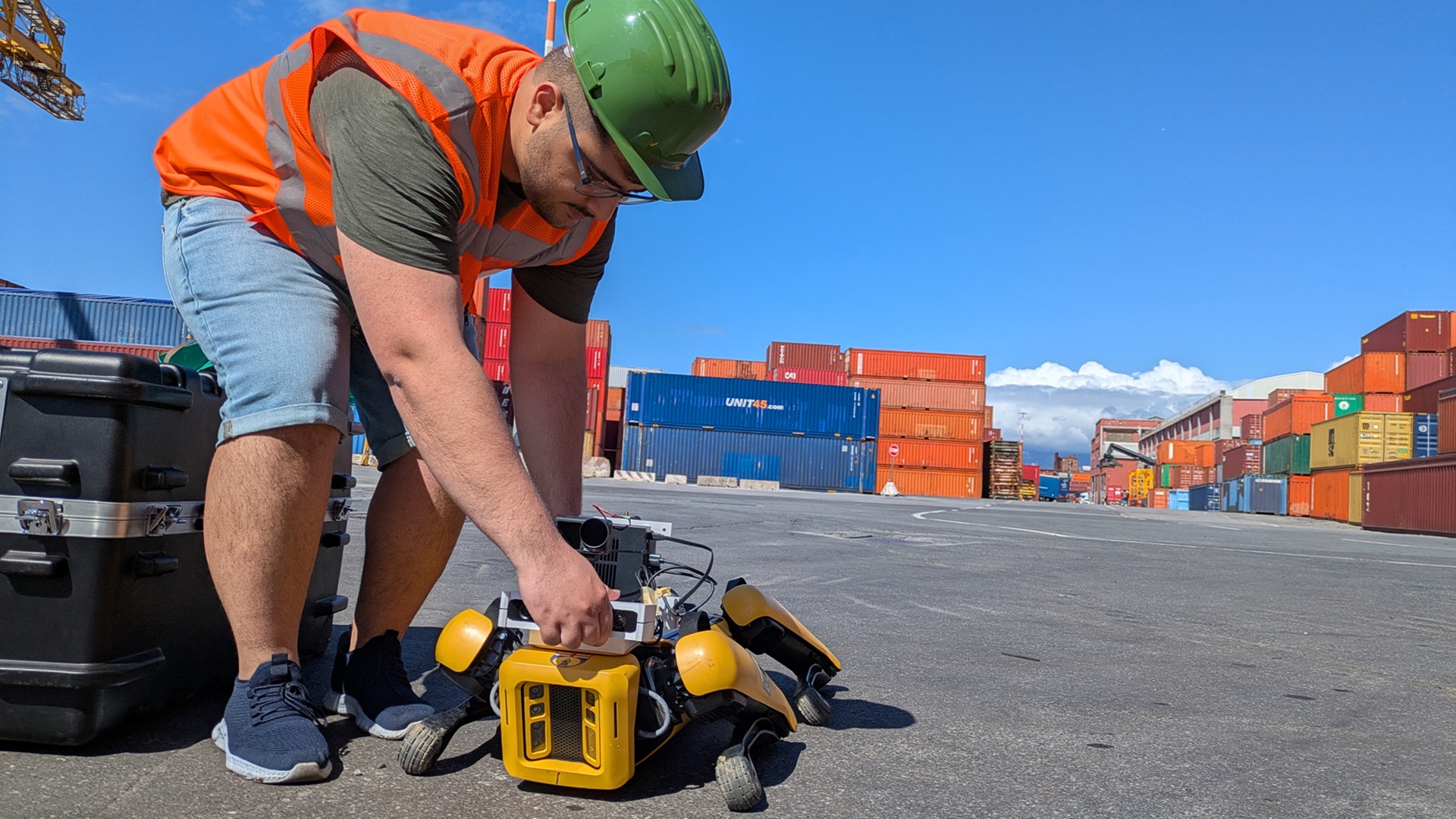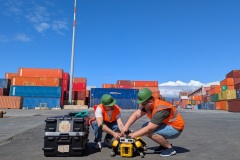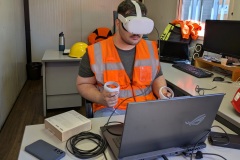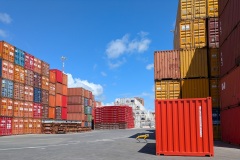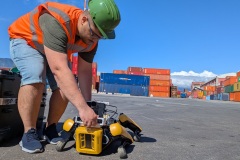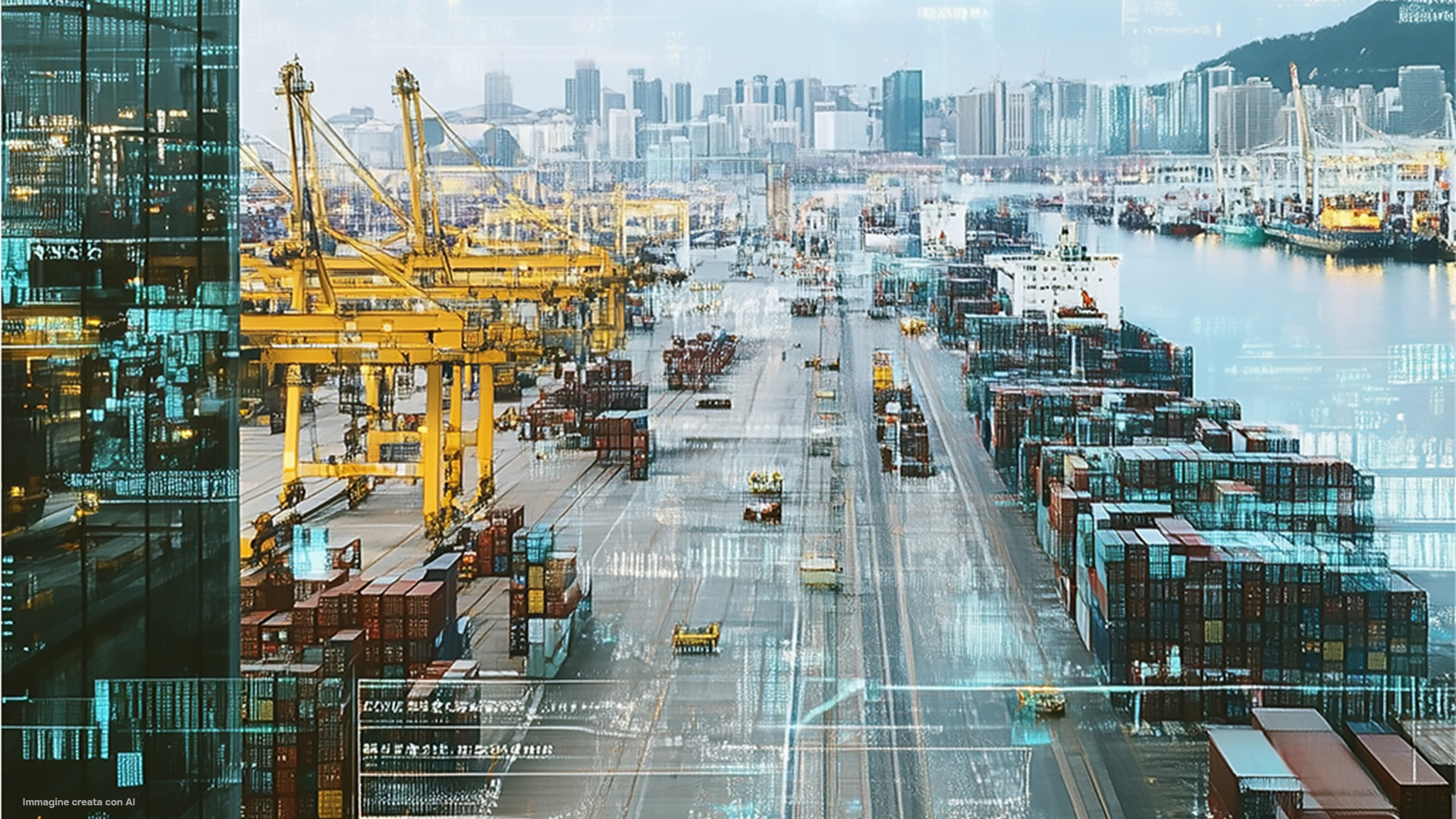On 3 December 2025, RAISE Spoke 4 took part in the conference “Logistics, Energy and Electric Mobility for Sustainable Development: Intelligent Technologies, Autonomous Systems and Research Infrastructures”, hosted at the Savona University Campus.
The event brought together faculty members, researchers, companies and stakeholders interested in solutions that are transforming logistics, energy and mobility through interdisciplinary approaches. The day offered an opportunity to highlight how the RAISE ecosystem has supported the growth of advanced technologies and the integration of expertise across different areas of engineering and artificial intelligence.
During the conference, the Departments of DIBRIS, DIEC, DIME and DITEN of the University of Genoa presented the research activities developed within a network of laboratories engaged in the transition toward sustainable models. The presentations showed how the groups involved, supported by NRRP funding, have developed solutions dedicated to advanced logistics, intelligent energy management and electric mobility. The contributions provided an overview of cooperative robotics, energy optimisation systems and decision-support models that are improving complex processes in both urban and industrial contexts.
RAISE played a central role in strengthening connections between academic research, industry and local institutions, encouraging the adoption of high-impact digital tools. Its presence highlighted the importance of integrating artificial intelligence, service robotics, smart mobility platforms and energy infrastructures capable of responding dynamically to the needs of the territory. Researchers’ contributions illustrated how the approach promoted by RAISE has fostered a culture of continuous experimentation and responsible innovation.
The final session took place inside the Campus Smart Energy Building, with a visit to the new ELEMS LAB (Energy, Logistics & Electric Mobility Systems Lab), a joint laboratory of the DITEN and DIBRIS Departments. The new facility hosts a photovoltaic plant, battery storage systems and supercapacitors, together with technologies designed for the smart charging of mobile robots for logistics.
The laboratory represents a strategic asset for RAISE’s activities, offering an ideal infrastructure for experimentation in automation, energy management models and integrated electric mobility.
The ELEMS LAB team – Stefano Bracco, Massimo Brignone, Renato Procopio and Mansueto Rossi from the DITEN Department, together with Michela Robba and Silvia Siri from the DIBRIS Department – presented the potential of the new laboratory and the developments planned for the coming months. The facility will offer collaboration opportunities for students, doctoral candidates, researchers and organisations operating in advanced logistics and innovative energy systems.
The day confirmed the value of RAISE as a platform capable of connecting technologies, people and strategic visions dedicated to sustainable development. The ecosystem is contributing to the growth of solutions that strengthen supply-chain competitiveness, enhance service quality and promote an integrated approach to the mobility of the future, supporting cooperation between research and the productive community of the Ligurian region.

